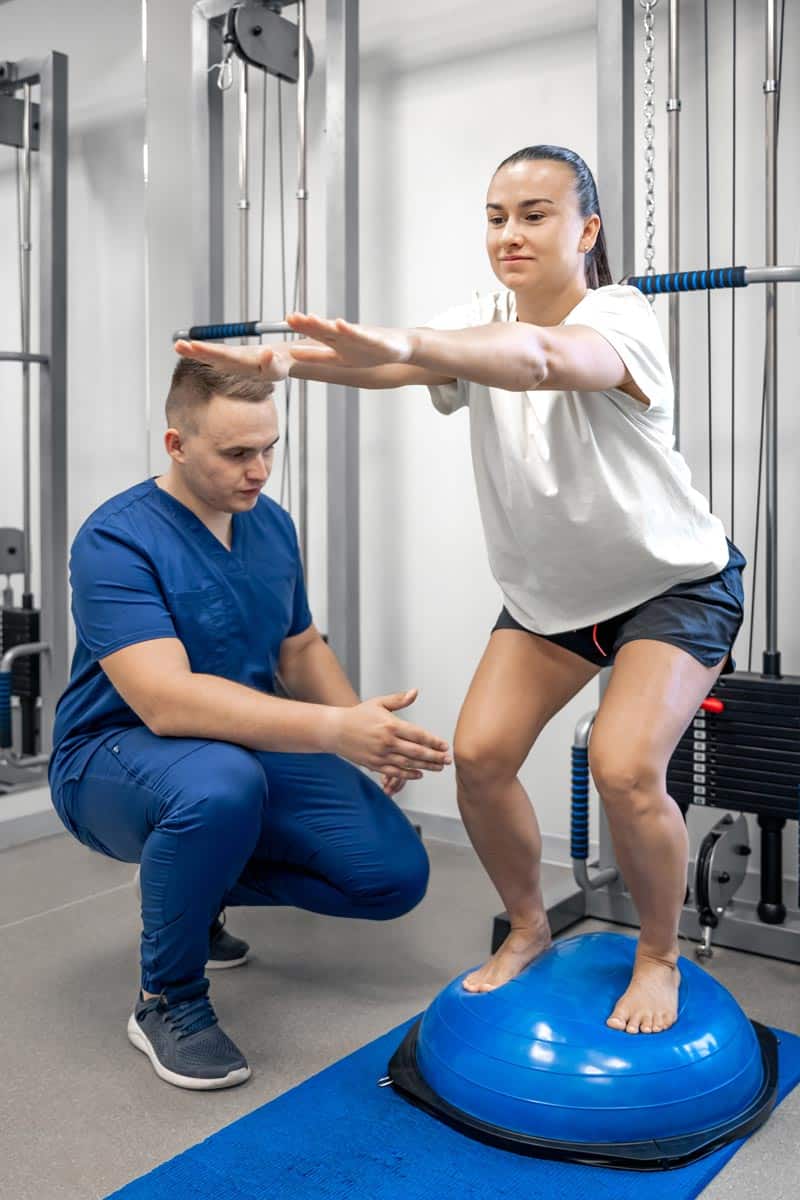
In recent years, concussion awareness has risen dramatically, especially in sports and active lifestyles. With this heightened focus, baseline testing has become a crucial tool in managing and treating concussions. But what exactly is baseline testing, what can you expect from it, and how does it benefit you? Let’s dive into these questions to help you understand this important procedure.
What is Concussion Baseline Testing?
Concussion baseline testing is a preventative measure used to assess an individual’s cognitive and physical function before a concussion occurs. It serves as a reference point to compare with post-injury assessments, helping medical professionals determine the severity of a concussion and guide the recovery process.
What to Expect During Baseline Testing
- Pre-Testing Preparation: Before you undergo baseline testing, there’s typically a briefing session where you’ll learn about the process. This might include understanding the different types of tests you’ll take and the importance of honesty during the evaluation.
- Cognitive Assessments: Most baseline tests include computerized assessments that evaluate various cognitive functions such as memory, reaction time, and problem-solving skills. These tests are designed to measure how quickly and accurately you can process information and respond to stimuli.
- Physical Examinations: Depending on the testing protocol, you may undergo physical assessments that gauge balance, coordination, and other motor skills. This might involve simple tasks like walking in a straight line or standing on one foot.
- Symptom Surveys: You’ll likely be asked to complete questionnaires about any current symptoms you might be experiencing, even if you don’t feel unwell. This helps establish a baseline of your typical health and symptom profile.
- Duration: The entire testing process usually takes between 30 to 60 minutes. It’s generally non-invasive and involves tasks that are easy to complete but require concentration.
Benefits of Baseline Testing
- Accurate Diagnosis: With a baseline test, doctors have a clear reference point for your normal cognitive and physical function. This comparison helps in accurately diagnosing the presence and severity of a concussion if you do get injured.
- Tailored Recovery Plans: Post-injury assessments can be compared to your baseline results to tailor a recovery plan that suits your specific needs. This can help in creating a more effective and personalized rehabilitation program.
- Early Detection: Baseline testing can help in detecting subtle changes in brain function that might not be immediately obvious. Early detection of these changes can lead to prompt intervention, which is crucial for preventing further injury.
- Objective Measurement: Baseline testing provides objective data that helps remove the guesswork from concussion management. This data-driven approach enhances the reliability of the assessments and decisions made regarding your health.
- Return-to-Play Decisions: For athletes, baseline testing is critical in making informed return-to-play decisions. It helps ensure that an individual has fully recovered and can safely resume activities without risking further injury.
- Education and Awareness: Undergoing baseline testing often comes with educational resources about concussions. This helps individuals and their families understand the risks, symptoms, and management strategies associated with concussions.


